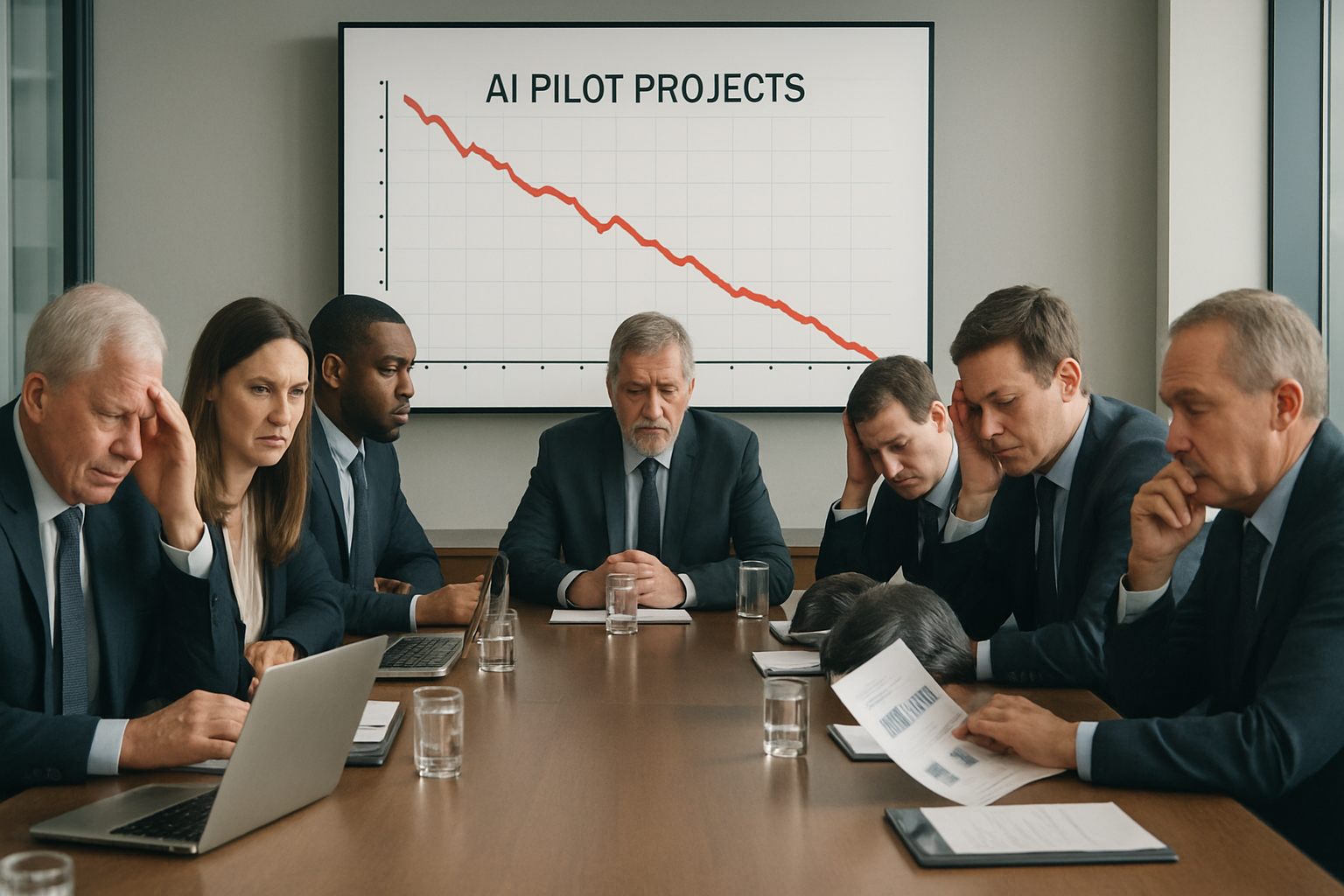Commerce Secretary Howard Lutnick dropped what might be the most uncommercial statement ever uttered by someone with "Commerce" in their title Wednesday. Speaking on CNBC's "Money Movers" (a show that practically begs for policy waffling), he declared that U.S. tariff levels on Chinese imports aren't going anywhere.
Not now. Not later. Not ever, apparently.
"You can definitely say that," Lutnick responded when asked if tariffs would remain unchanged. No qualifiers. No escape hatches. No diplomatic wiggle room whatsoever.
I've covered trade policy for years, and let me tell you—this kind of certainty is as rare as a balanced budget. Trade officials typically speak in a specialized language of maybes and perhapses and under-certain-conditions. It's like they're paid by the hedge.
Not Lutnick. Not today.
Look, what makes this fascinating isn't just the statement itself, but what it reveals about the administration's approach to China. Trade policy typically exists in this weird quantum state—simultaneously a weapon, a bargaining chip, and a political football. The whole point is flexibility. Mutability. The threat of change.
By declaring tariffs fixed in stone (or at least in rhetoric), Lutnick has fundamentally transformed their nature.
It's game theory 101, really. Remember Thomas Schelling? Nobel Prize winner? He talked about how limiting your own options—even seeming kinda irrational—can actually strengthen your position. It's like walking into a car dealership and deliberately throwing your car keys into the river. "Guess I'm not leaving without a deal!"
That's essentially what Lutnick just did.
The message to Beijing couldn't be clearer: these tariffs aren't temporary pressure points anymore. They're permanent features of the economic landscape. Deal with it.
But here's the thing (and this is where it gets interesting)—Lutnick has also tied his own administration's hands. By publicly burning the bridge to tariff changes, he's eliminated one of America's primary negotiating levers.
Which... seems kinda counterproductive? Unless—and this is my theory—the administration has simply accepted what many trade experts have been whispering for years: the elaborate dance of tariff negotiations with China produces more heat than light.
Maybe there's value in just calling it what it is. A permanent feature rather than a temporary tactic.
The markets barely flinched at Lutnick's declaration, suggesting investors had already priced in this reality. I checked with several analysts who confirmed they'd been operating under the assumption of tariff permanence for months.
So was this merely stating the obvious, or has Lutnick fundamentally changed the game by removing ambiguity?
Hard to say. But for businesses caught in the U.S.-China crossfire, the message is unmistakable: these tariffs are your new normal. Plan accordingly.
The days of holding your breath for tariff relief are over—at least until they aren't.
Because if I've learned anything from two decades covering international trade, it's that nothing in policy stays certain forever... no matter how definite it sounds on CNBC.




